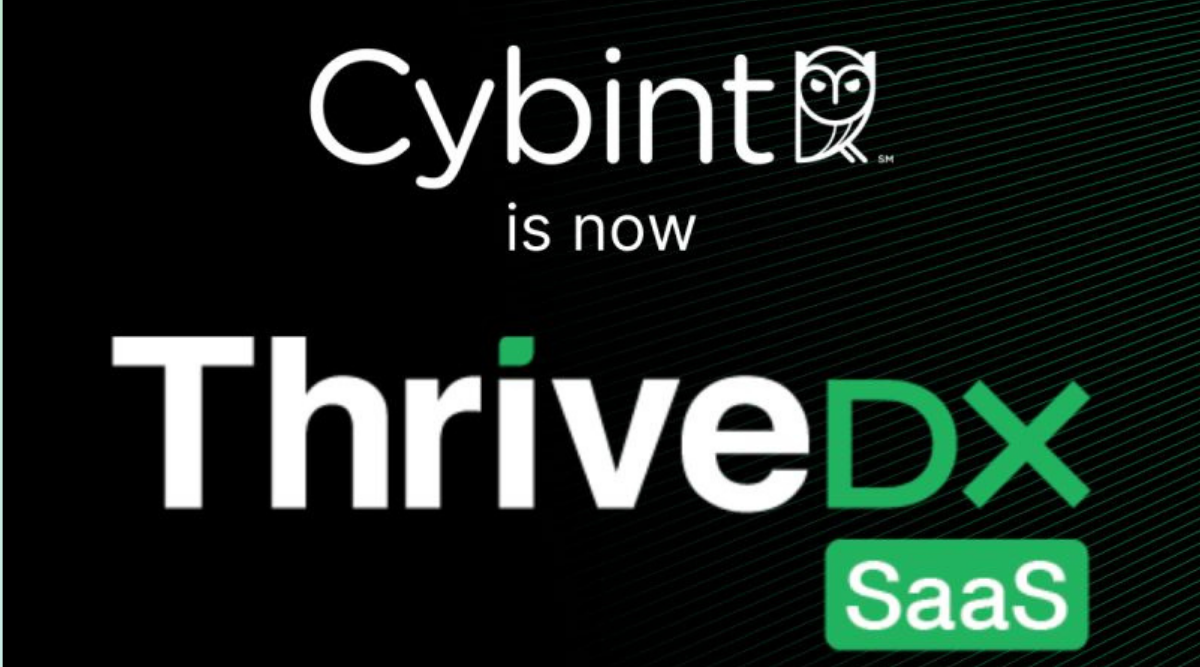Higher education facilities’ have been facing the mounting issue of financial instability since even before the pandemic. The effects of the COVID-19 pandemic compounded the problem, and many facilities cut and closed classrooms, and shifted to remote and online learning.
However, this is not the only factor of the shifting education landscape. Another is the evolution of students’ needs. Companies are focusing more on hard skills and are not necessarily requiring degrees. To meet this requirement, students desire smaller, technologically-centered courses commonly referred to as bootcamps.
While enrollment in higher education has been declining, in-person and online bootcamps have been churning out more and more graduates. Bootcamps are a growth industry, so how can educators take advantage of this trend?
An Overview of Revenue Diversification Methods
Revenue diversification is by no means a new strategy for universities and colleges. Traditionally, revenue diversification has been accomplished through various strategy classifications. One is utilizing assets like buildings to host events or markets. Another is the commercialization of property, usually in the form of housing research projects. These options are of course more limited because of social-distancing and lockdowns brought on by the pandemic.
The last method of revenue diversification is the strategy of seeking non-traditional students. In the past, this meant enrolling international students – a highly competitive market. However, other means of seeking non-traditional students are to offer foundational/pre-college courses and professional programs.
A cybersecurity bootcamp is a prime example of a professional bootcamp. It blends both the hands-on learning of a vocational school and the accelerated speed of an online school, meaning students workforce ready in a matter of months. Bootcamps, unlike four-year degrees, take anywhere from 3-6 months to complete and are far more affordable than the average tuition costs for higher education.

Bootcamps in Action
Bootcamps provide solutions for learners in the evolving landscape, and they also offer a solution to higher educational facilities that are struggling to increase enrollment. The partnership between education and bootcamp providers is increasingly regarded as the future of skills-based training.
For instance, the future of work and cybersecurity bootcamps complement each other, especially as the cyber industry continues to grow year after year. With an unemployment rate of zero percent and a starting salary of over $80k, the opportunities for learners in the cybersecurity career landscape are boundless. A program designed to help learners excel in this industry, such as the Cybint Cybersecurity Bootcamp, provides the hands-on skills needed to land a job – which is exactly what students are looking for.
In fact, bootcamps may eventually reshape higher education and expand into lifelong learning. Models in which employers pay for training already constitute a large market, yielding the opportunity for profitable expansion.
For example, Southern New Hampshire University utilized for-profit schools to help them achieve incredible growth in enrollment. Paul Leblanc, former university president, said:
“We learned a lot from the early days – how to be more student-centric, how to be more customer service-oriented, how to improve our processes and use data better. All things that higher ed, not surprisingly, was never good at.”
The numbers tell the tale. Enrollment went from 3000 in 2003, to 132,000 in 2019, proving that there are many benefits to working with technology-based educational partners to increase growth.
Working with tech-based educators such as Cybint takes the pressure off of higher education institutions to develop programs and market them to students, as these organizations have already developed them and the marketing strategies to accompany them. There is much for higher education to learn about the more consumer-based approach that is going to be necessary to remain competitive in the current market.

Benefits for Educators
• Focuses on career-ready skills – With many large companies not requiring a bachelor’s degree to be employed, the demand for degrees has fallen, while shorter, skill-focused programs have been steadily on the rise. Partnering with bootcamp providers allows higher education to leverage these trends.
• Reduces the pressure of program development and marketing on universities and colleges, decreasing the strain on both budget and staff.
• Provides access to learners in the workforce – Partnerships and initiatives with employers mean that companies like Cybint provide higher educational facilities with access to learners who were previously off-limits due to time constraints and a general lack of program integration for their professional development.
Higher Education is at a Crossroad
As markets and financial situations for universities and colleges evolve, and the educational landscape shifts, adaptation is critical. Ultimately, the decision relies on educational organizations to initiate this adaptation to remain financially sustainable, and ultimately, provide a better service to their consumers: the students.
Provide a career-accelerated Cybersecurity Bootcamp to your students and join Cybint’s Global Partnership Network. Connect with us.




